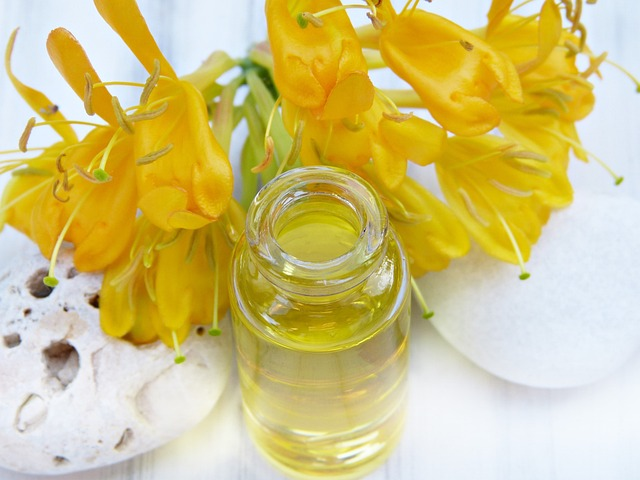
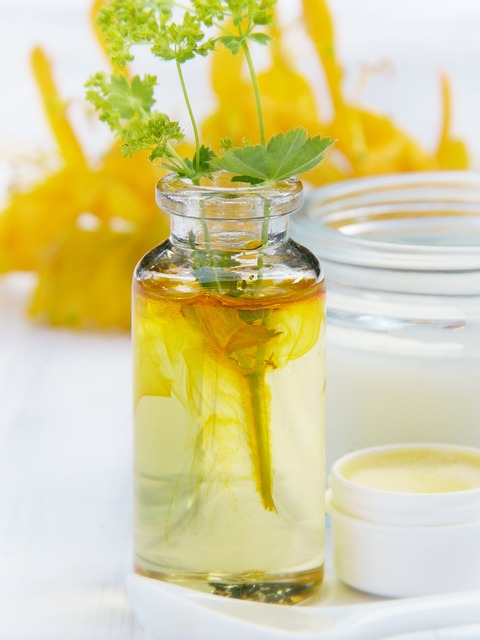
In the realm of natural beauty and wellness, Jojoba oil is celebrated for its multitude of benefits, particularly within skin care. A liquid wax extracted from the seeds of the jojoba plant (Simmondsia chinensis), this golden elixir is native to the desert regions of southwestern United States and northern Mexico. Its exceptional properties make it a key ingredient in many cosmetic products, but to truly appreciate jojoba wax and its potential, it’s essential to delve deeper into its advantages and explore its significance in the ancient world of Ayurveda. Lets discuss jojoba oil benefits and jojoba oil.
Unlike the name suggests, jojoba oil isn't technically an oil. It's a wax ester. The molecular structure of this ester closely resembles human skin oil or natural sebum, which it why it works so harmoniously with the skin. Jojoba oil has a non-greasy texture, hypoallergenic nature, and long shelf life make it a favorite among cosmetic producers.
In the manufacturing process, jojoba oil is used in shampoo, lipstick, makeup, cleansing products, and of course, skin care products.
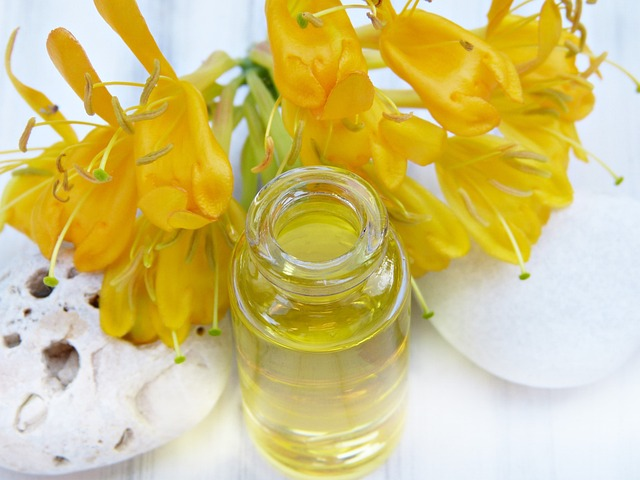
Jojoba oil is made by extracting the oil from the seeds of the jojoba plant, Simmondsia chinensis. The process to obtain this oil is thorough and can vary slightly based on the scale of use jojoba oil production and the desired quality of the oil. Here's a general overview of how jojoba oil is made:
Harvesting the Jojoba Seeds:
The jojoba plant produces beans or nuts. When these beans are mature, they are harvested. This is usually done manually or through mechanical means for large-scale operations.
Cleaning and Preparing the Seeds:
Once harvested, the seeds are cleaned to remove any dirt, debris, and outer husks. This ensures that the oil extraction process yields the purest oil possible.
Seed Drying:
It's essential to reduce the moisture content in the seeds to facilitate efficient oil extraction. The seeds are spread out and dried, either naturally under the sun or in specialized drying machines.
Cold Pressing:
Cold pressing is the most common method for extracting jojoba oil. In this method, the cleaned and dried seeds are mechanically pressed to release the oil. Since no heat is used, the resulting oil retains most of its natural properties. Cold-pressed jojoba oil is generally considered to be of the highest quality because it preserves the most nutrients and beneficial compounds from the seed.
Refining (optional):
Some producers may choose to refine the jojoba oil further to remove any remaining impurities or to achieve a particular consistency or clarity. This can involve processes like filtration, bleaching, and deodorization. However, unrefined jojoba oil is often preferred for its natural and full spectrum of benefits of jojoba oil.
Bottling and Storage:
Once extracted and possibly refined, the jojoba oil is stored in dark bottles or containers to protect it from sunlight, which can degrade the oil's quality. Properly stored jojoba oil has a long shelf life due to its stability.
Throughout the process, care is taken to maintain the purity and quality of the oil. The inherent stability of jojoba oil, being a wax ester rather than a traditional triglyceride oil, ensures it doesn't easily oxidize or turn rancid, making it a preferred choice for cosmetic and skincare formulations.
Natural jojoba oil is not just a surface-level moisturizer. Its unique molecular structure, resembling the skin’s natural sebum, allows it to penetrate the skin more deeply than other oils. As a natural moisturizer, pure jojoba oil helps to draw water into the skin and seal it in, which is deeply hydrating. When applied, it forms a protective barrier that shields the skin from environmental toxins and pollutants, all the while locking in the moisture and leaving you skin hydrated and with glowing skin.

The magic of jojoba oil lies in its ability to mimic the skin's natural oils. Utilize jojoba oil to fool the skin into believing it has produced enough of its own natural oil, thereby balancing oil production. For those with excess oil, dry skin, and oily skin, this means less shine and reduced risk of acne breakouts caused by overproduction of sebum. In contrast, for dry skin types, using jojoba oil also replenishes any lost oils, ensuring the skin remains moisturized.
Jojoba oil is know for its anti-inflammatory agents, which reduces skin irritation, soothe dry areas, while reducing redness. For individuals suffering from skin conditions like eczema, rosacea, or general skin sensitivity, jojoba oil can be a calming remedy for sensitive skin, offering relief from itching and irritation.
Jojoba oil is like a multivitamin for the skin. Packed with various essential oils and vitamins like E and B-complex, it ensures the skin remains healthy and radiant. Vitamin E, renowned for its antioxidant abilities and health benefits, neutralizes harmful free radicals, thereby protecting the skin from premature aging and environmental damage. In addition, the minerals chromium, copper, and zinc present in jojoba oil offer additional protective benefits, fortifying the skin's natural barrier.
Many oils, despite their benefits, come with a caveat: they lead to clogged pores. However, jojoba oil stands out. Its non-comedogenic nature ensures that pores remain unblocked, reducing the chance of acne and blackheads. For those with acne-prone skin, this oil provides the moisturization needed without the fear of clogging pores triggering new breakouts, making it a trustworthy ally in skincare health and skin care routines.
Every scar tells a story, but sometimes we'd prefer the story without the reminder. Jojoba oil comes to the rescue with its ability to promote healing process for every skin type. Its role in supporting collagen synthesis, the protein responsible for skin's elasticity and regeneration, ensures that wounds heal faster and scars fade over time. Whether it's mild acne scars, minor cuts, or other blemishes, regular application of jojoba oil can visibly reduce their appearance and restore the skin health and natural beauty.
From deep moisturization to its healing prowess, this natural elixir addresses a wide range of skin concerns, providing holistic care and rejuvenation with impressive moisturizing efficacy. Whether incorporated into daily routines or used as a special treatment, jojoba oil promises to deliver results and enhance the skin's health and vitality!
Ayurveda a holistic healing system that originated in India over 5,000 years ago, places a strong emphasis on balance. It’s centered around the belief that our health and well-being depend on a delicate balance between the mind, body, and spirit. The Ayurvedic approach to skincare is no different, focusing on maintaining harmony and balance.
In Ayurveda, there are three primary doshas or energies: Vata (wind), Pitta (fire), and Kapha (water and earth). Each person has a unique balance of these doshas, which dictates their physical, emotional, and mental characteristics.
Jojoba oil, with its balancing properties, aligns well with Ayurvedic principles. Here's how:
Balancing for All Doshas:
Jojoba oil has great healing properties and can be beneficial for all dosha types. Its moisturizing nature can help pacify Vata's dry and rough characteristics. Its cooling and anti-inflammatory properties can soothe the fiery nature of Pitta. Plus, its ability to regulate sebum can address Kapha’s oily tendencies.
Promotes Self-care:
Ayurveda places a significant emphasis on self-care routines or Dinacharya. Incorporating jojoba oil into daily rituals, such as self-massage (Abhyanga), can promote relaxation, grounding, and nourishment for skin quickly easing the skin and mind.
Natural and Pure:
Ayurveda encourages the use of natural oils, pure substances for skincare. Jojoba oil fits the bill, being a pure extract without any additives.
Rich Repair Oil: This oil is a luxurious blend designed to rejuvenate and deeply nourish the skin. Infused with the potent benefits of jojoba oil, this treatment oil promises to hydrate, balance, and restore the skin's natural glow offering tons of skincare benefits. Ideal for those seeking a natural solution to skin concerns, this product harnesses the time-tested virtues of jojoba oil, ensuring a soft, supple, and revitalized complexion.
Balance Face Oil: Shankara's Balance Face Oil is a harmonious blend crafted to maintain and restore skin's equilibrium. Enriched with the multifaceted benefits of jojoba oil, this ensures optimal hydration while regulating the skin's natural oil production. Perfect for achieving a balanced, radiant complexion, this product showcases the prowess of jojoba oil in maintaining skin health and vitality.
Cellulite Support Oil: Shankara's Cellulite Support Oil is a masterfully formulated solution aimed at targeting and reducing the appearance of cellulite. Fortified with the nourishing properties of jojoba oil, this treatment not only smoothens the skin's texture but also deeply moisturizes and replenishes it. Harness the power of jojoba oil and other potent ingredients to reveal firmer, more toned, and radiant skin.
Jojoba oil's myriad benefits make it a versatile component in skincare. From deep moisturization to wound healing, it addresses a range of skin needs. While its popularity in modern skincare regimens continues to grow, its alignment with ancient Ayurvedic principles underscores its time-tested virtues.
Whether you're looking to embrace a natural skincare routine or seeking to find balance through Ayurveda, jojoba oil can be a potent ally. As always, if you have specific skin concerns, it's essential to consult with a skincare professional or Ayurvedic practitioner to ensure you're using products and practices and avoid an allergic reaction, so everything is just right for your unique needs.
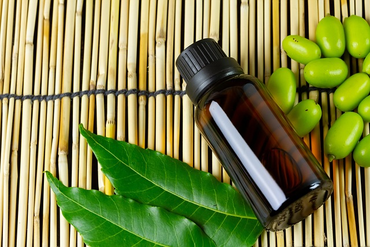
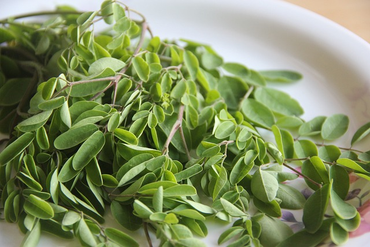





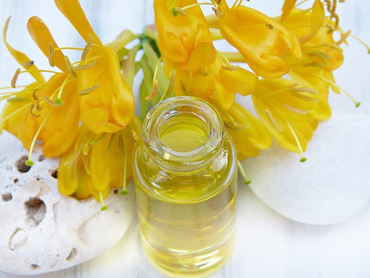
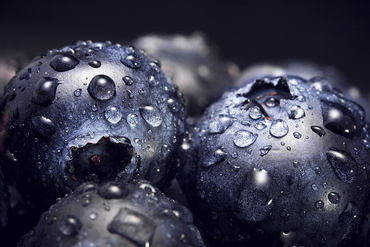
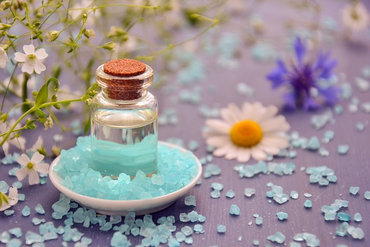
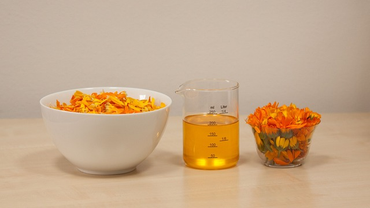

comments (0)